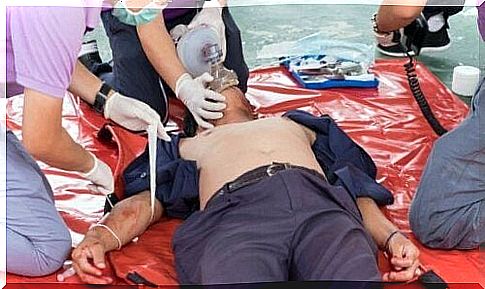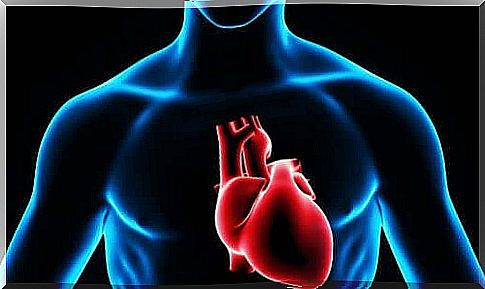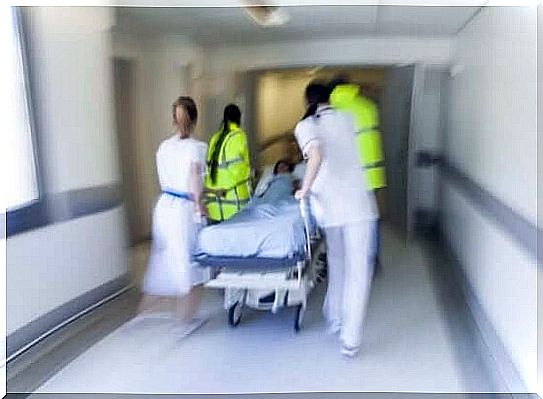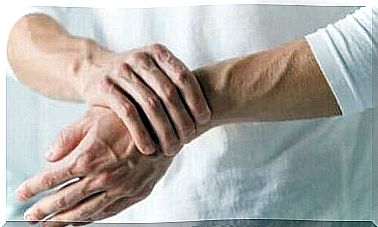What Exactly Are Intracardiac Injections?

Intracardiac injections are a way of administering drugs in emergency situations. An emergency is any situation that presents an immediate or potential risk of death to someone. In these cases, you can administer the medication directly into the heart, it goes straight into the bloodstream and works immediately.
The most common instances where doctors use these injections are during cardiac arrest. They are very effective as they do not need to be absorbed. That way they can start working right away. There is no waiting period and 100% of the dose is useful.
Moreover, by skipping the waiting time, there is no variation between patients of the same size and age. This allows doctors to calculate the correct amount and apply it quickly and accurately. This is very useful if a patient is unconscious and the doctors cannot find any important information about them.
How do doctors perform intracardiac injections?

The first step in performing this technique is to prepare a sterile needle that is at least 10 centimeters long. It is important that he has this size and not smaller, because it must go directly into the heart.
Once you have the needle, fill it with the dose you want to administer. Next, locate the patient’s intercostal spaces. The intercostal space is the area between one rib and the other. They are usually easy to find, but if the patient is obese then it is more difficult as it is difficult to distinguish them clearly.
When you find the fourth left intercostal space or the space between the fourth and fifth ribs, you must follow the imaginary line connecting it to the sternum on the left. That’s about where the heart is.
Finally, insert the syringe into that space and release the bolus of medication. Despite the technical difficulties, the drug reaches the heart muscle and helps the heart beat when it stops. Incidentally, this is an action reserved for specialists.
What Medication Do Doctors Use for Intracardiac Injections?
The most common medication is without a doubt adrenaline. Doctors usually use 0.1% adrenaline, because it is the concentration at which you can start heart activity without having serious side effects.
In addition, it is important to remember that anything doctors administer to the heart will work immediately. A higher dose would therefore be fatal. Adrenaline is also known as epinephrine.
It is one of the most powerful activators of the sympathetic nervous system. The heart begins to beat according to the signals sent by the system. Therefore, by changing the sympathetic nervous system, you can also change the electrical activity of the heart.
Several studies have shown that intracardiac injections of adrenaline up to five minutes after cardiac arrest increase the chance of survival. However, it is not always effective. This is because timing is important in this type of emergency. The survival rate is therefore directly related to how quickly you administer the injection.
When is this technique best used?

You should not use intracardiac injections during a heart massage. It is best to do chest compressions separately from injections. That way, the drug reaches the heart muscle completely. This way you can reduce the risk of a heart attack.
Ischemia is the process that cells go through when they die because the blood cannot reach them and nourish them. This process occurs in many heart problems. The most common form is a heart attack, also known as a heart attack.
When a person goes into cardiac arrest, the heart stops pumping blood to the rest of the body and cells begin to die. Then you have to inject drugs into the heart to stop this process.
Then the blood supply can start again. Finally, we must once again make it clear that only certified medical professionals are allowed to use this technique.








